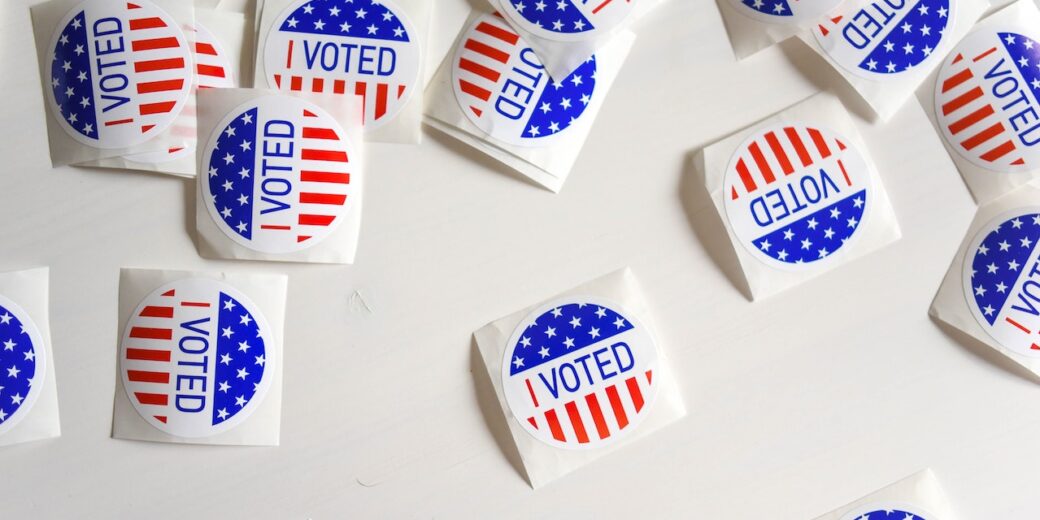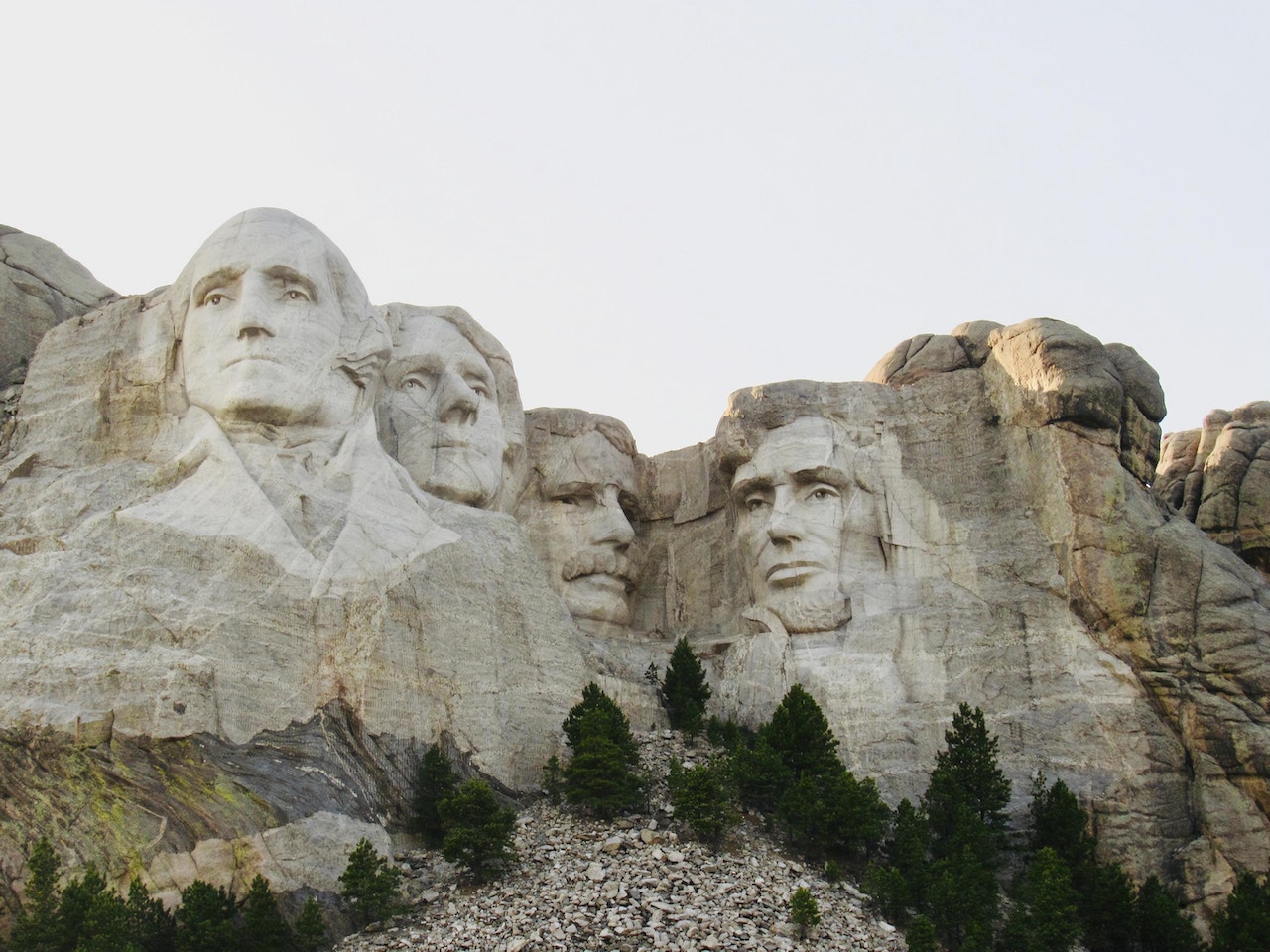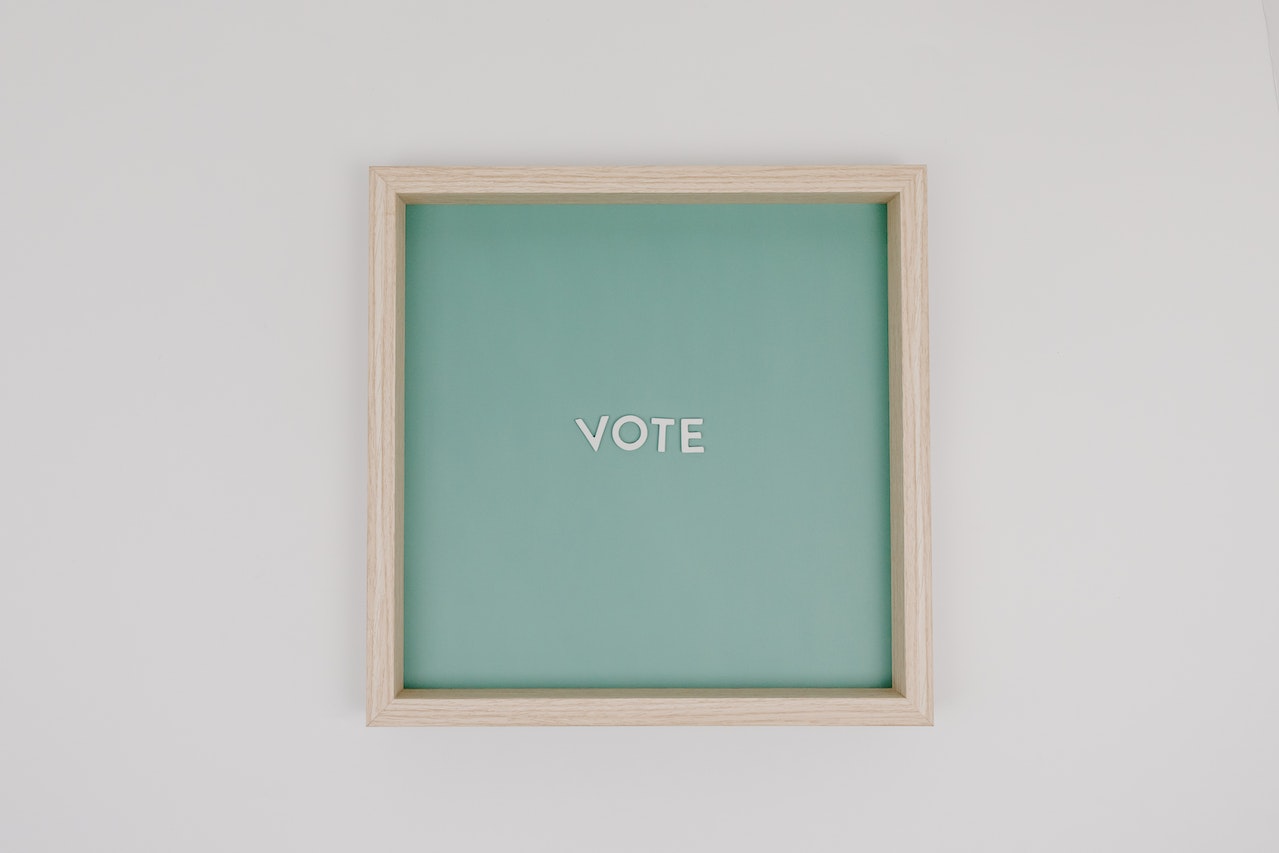Presidential Candidate Announcements and Economic Influence

Every election cycle, the economy takes center stage. The funny thing about presidential candidates and potential congressional representatives proposing economic changes is they have little control over actual outcomes.
The U.S. is a capitalist society, relying on free enterprise and competition rather than government intervention for economic health. Yes, the government plays a part in fiscal policy, and the federal reserve controls monetary policy, but an individual president or congressional member has little say or influence over either. Therefore, the effect of presidential candidate announcements will have little influence over the economy.
Real Presidential Influence

While presidents may not influence significant economic change over their term, they can make a difference through the appointment process. Every president can select the chair of the Federal Reserve and appoint two additional members to the board of governors, giving a majority vote to presidential picks.
Despite the regulations reducing presidential influence over the board, if board members retire early or resign, the president may appoint more members. Still, the balance of powers means Congress gets a say in the approval of appointments.
During typical economic times, those experiencing only mild shifts up or down, the makeup of the Fed and board likely make little difference. However, in abnormal times, the composition can make a significant difference. Still, presidential power is limited, and during challenging economic times, monetary policy alone is not enough. The Fed must combine its efforts with fiscal policy.
Fiscal policy is the combination of spending and tax initiatives. A president cannot change fiscal policy alone; Congress must help. If one party controls the presidency and the other controls congress, they will accomplish little.
In terms of influence, the president or presidential candidates may make promises and boast of numbers, but they hold little actual power over the economy's ebb and flow. A president can influence the Federal Reserve and its board, but that doesn't necessarily equate to control or true influence. Also, in abnormal economic times, like recessions, monetary policy — where a president may have some effect — requires assistance from fiscal policy, which is under the control of Congress.
Presidential Candidate Announcements and Economic Influence

Currently, presidential candidates are throwing their hats in the ring, attempting to influence future voters and encourage party support. While announcements may affect some aspects of markets, they rarely, if ever, significantly affect the overall economy.
As a capitalist and free enterprise system, the U.S. is insulated from minor political influence; still, elections will affect the economy. According to a review of market data from the S&P 500 going back to the 1930s, equity and bond markets have a muted performance in the year before an election. Also, after an election, returns are lower, regardless of party.
However, the markets appreciate stability, and when a president wins re-election, returns are an average of 6.5%. If a new party gains power, market gains are slightly less, with an average of 5%.
The U.S. economy can withstand presidential candidate announcements and even presidents. In truth, presidents hold limited influence and control over monetary and fiscal policy, which means economic talk is purely speculative candor and ear candy for voters — in most situations.
